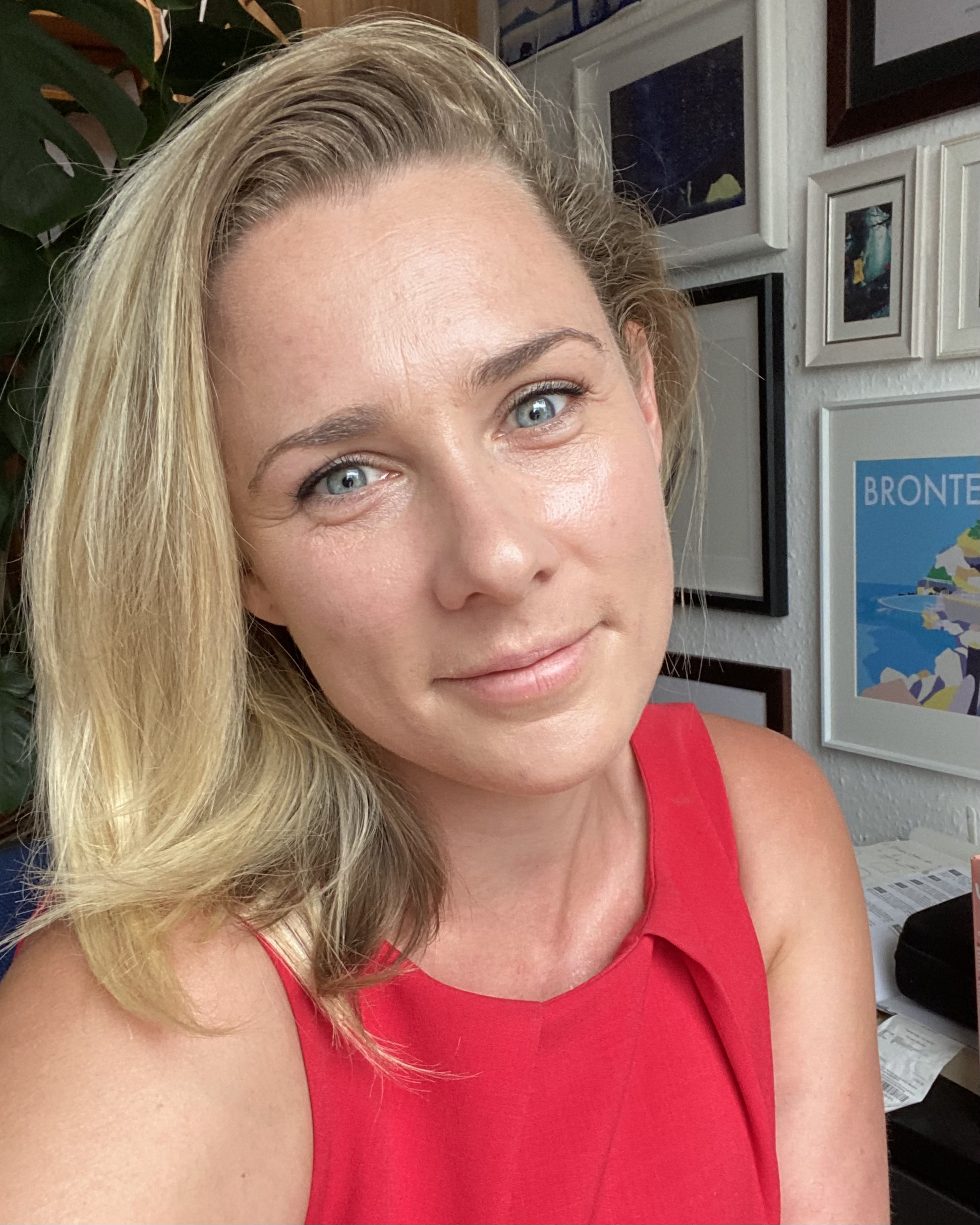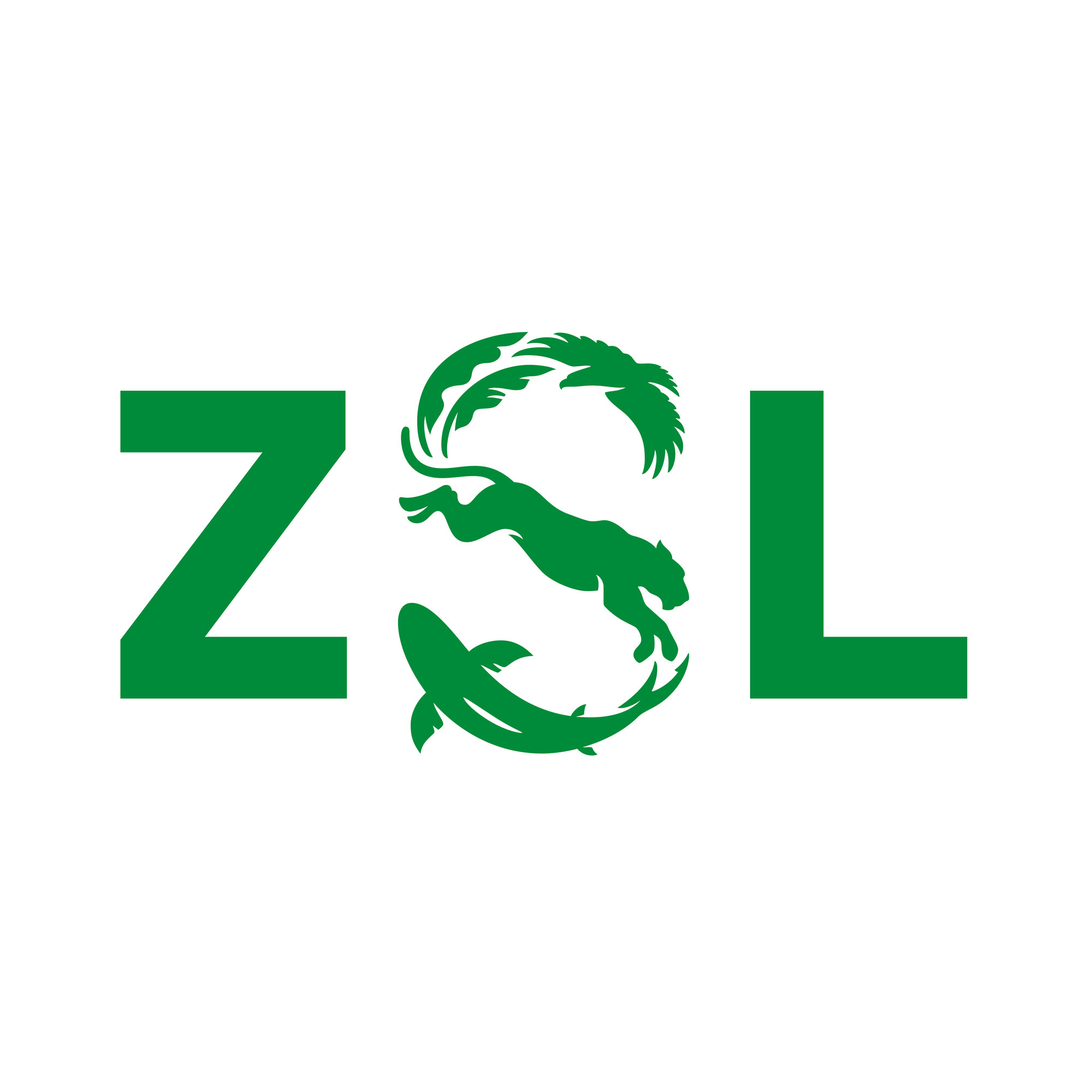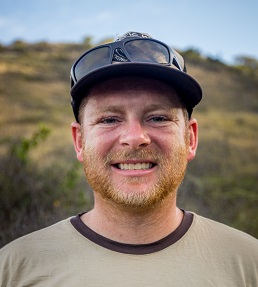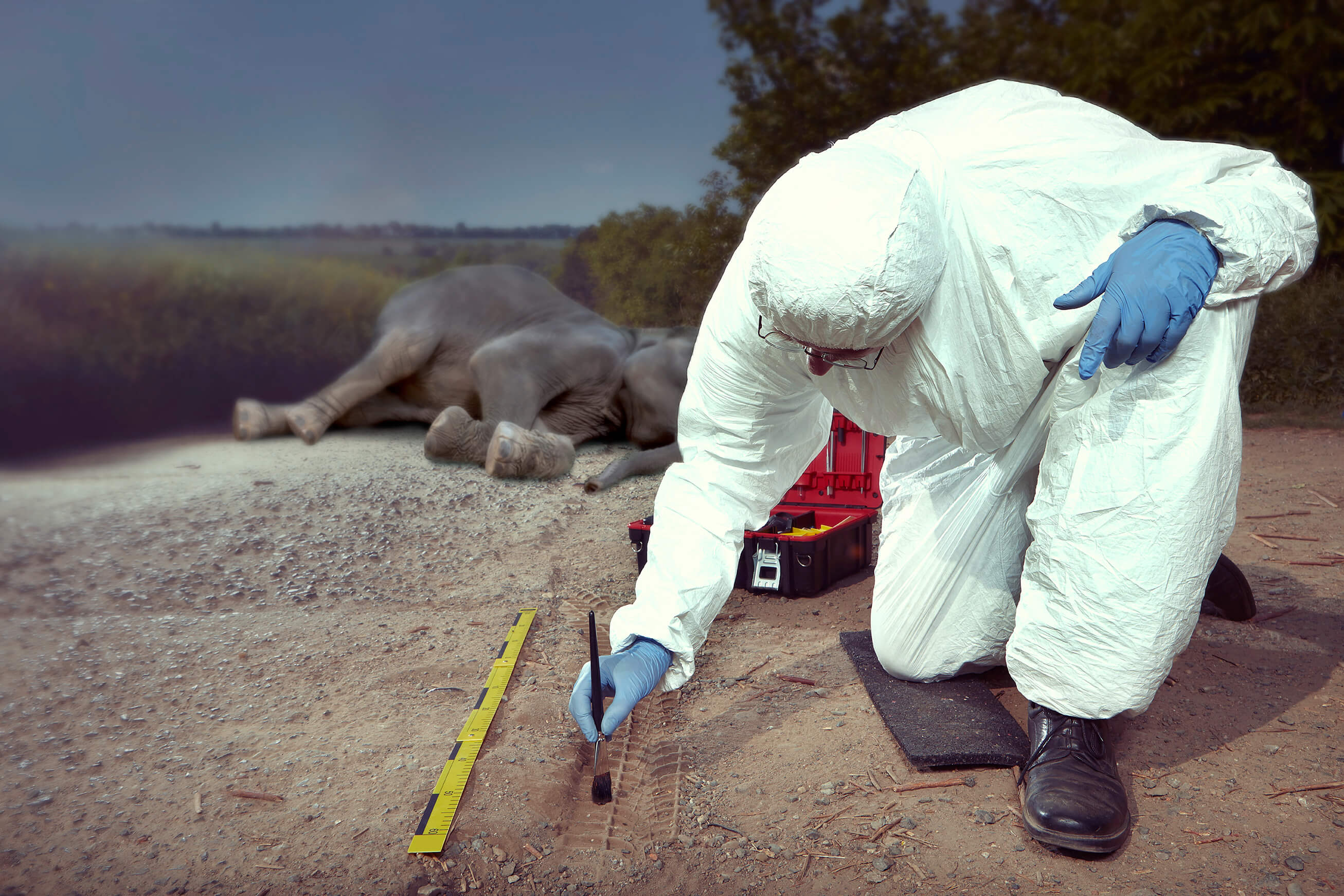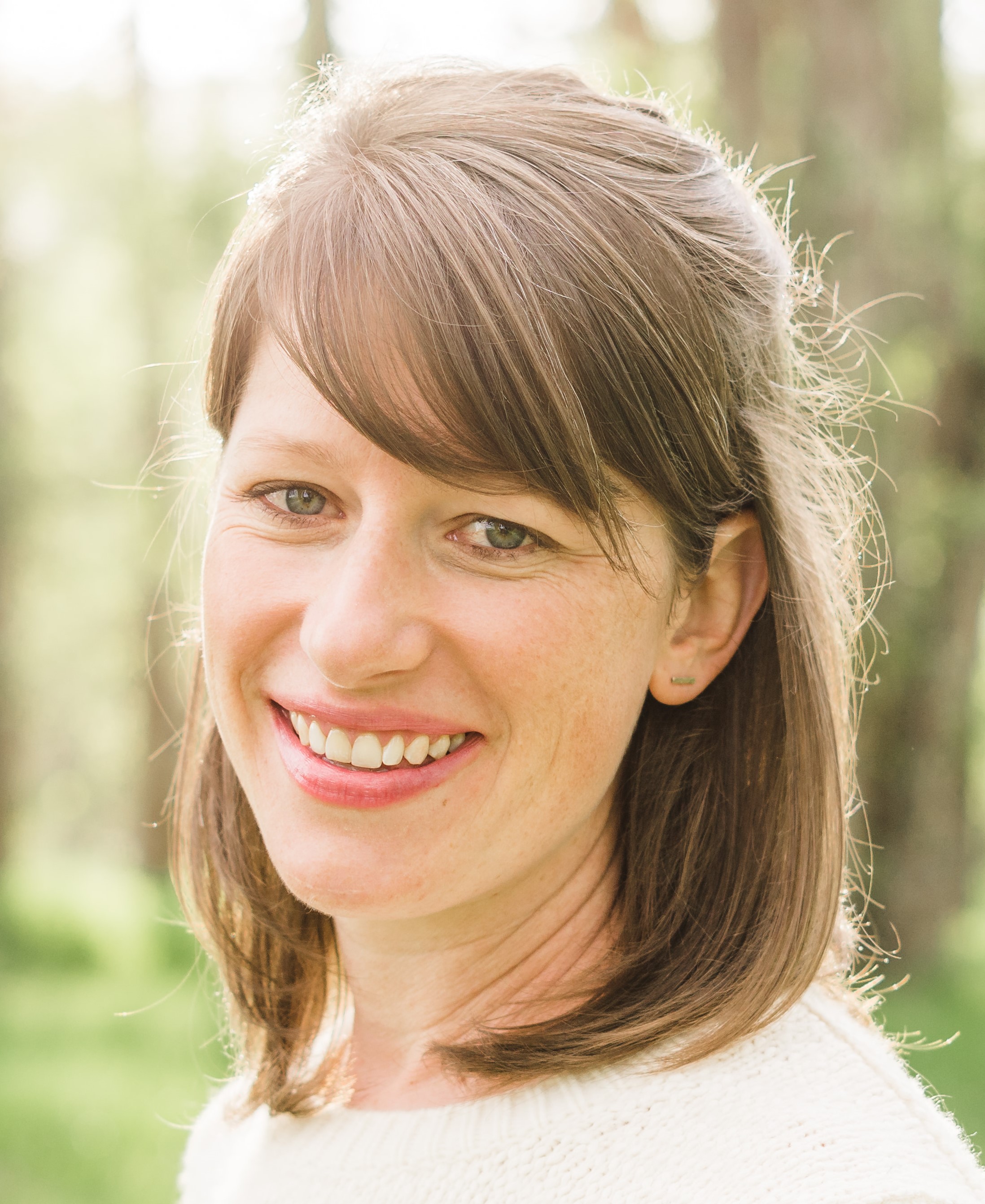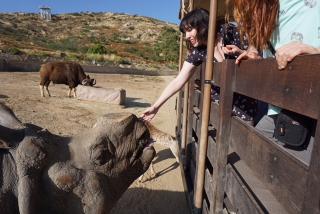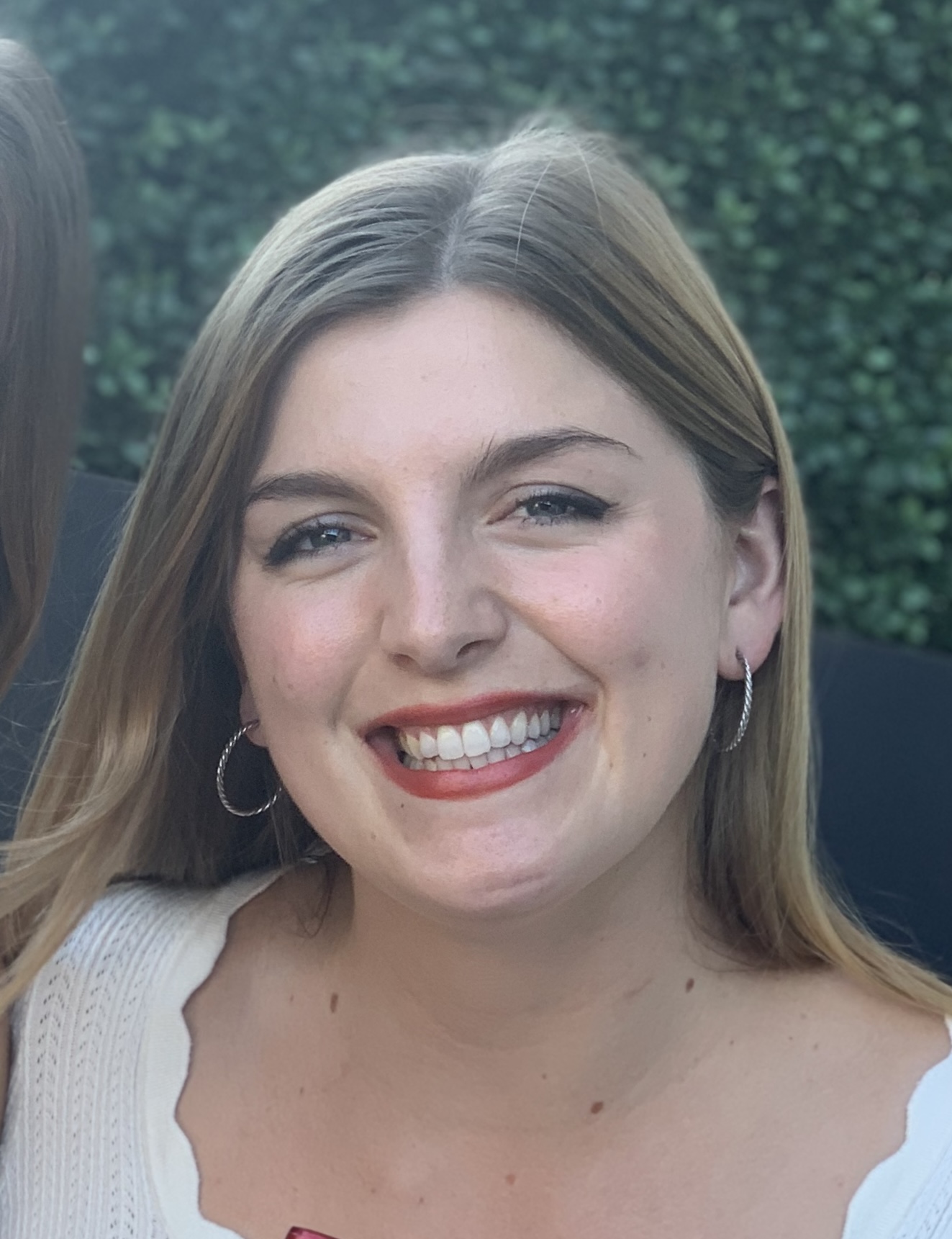With new technologies revolutionizing data collection, wildlife researchers are becoming increasingly able to collect data at much higher volumes than ever before. Now we are facing the challenges of putting this information to use, bringing the science of big data into the conservation arena. With the help of machine learning tools, this area holds immense potential for conservation practices. The applications range from online trafficking alerts to species-specific early warning systems to efficient movement and biodiversity monitoring and beyond.
However, the process of building effective machine learning tools depends upon large amounts of standardized training data, and conservationists currently lack an established system for standardization. How to best develop such a system and incentivize data sharing are questions at the forefront of this work. There are currently multiple AI-based conservation initiatives, including Wildlife Insights and WildBook, that are pioneering applications on this front.
This group is the perfect place to ask all your AI-related questions, no matter your skill level or previous familiarity! You'll find resources, meet other members with similar questions and experts who can answer them, and engage in exciting collaborative opportunities together.
Just getting started with AI in conservation? Check out our introduction tutorial, How Do I Train My First Machine Learning Model? with Daniel Situnayake, and our Virtual Meetup on Big Data. If you're coming from the more technical side of AI/ML, Sara Beery runs an AI for Conservation slack channel that might be of interest. Message her for an invite.
Header Image: Dr Claire Burke / @CBurkeSci

Explore the Basics: AI
Understanding the possibilities for incorporating new technology into your work can feel overwhelming. With so many tools available, so many resources to keep up with, and so many innovative projects happening around the world and in our community, it's easy to lose sight of how and why these new technologies matter, and how they can be practically applied to your projects.
Machine learning has huge potential in conservation tech, and its applications are growing every day! But the tradeoff of that potential is a big learning curve - or so it seems to those starting out with this powerful tool!
To help you explore the potential of AI (and prepare for some of our upcoming AI-themed events!), we've compiled simple, key resources, conversations, and videos to highlight the possibilities:
Three Resources for Beginners:
- Everything I know about Machine Learning and Camera Traps, Dan Morris | Resource library, camera traps, machine learning
- Using Computer Vision to Protect Endangered Species, Kasim Rafiq | Machine learning, data analysis, big cats
- Resource: WildID | WildID
Three Forum Threads for Beginners:
- I made an open-source tool to help you sort camera trap images | Petar Gyurov, Camera Traps
- Batch / Automated Cloud Processing | Chris Nicolas, Acoustic Monitoring
- Looking for help with camera trapping for Jaguars: Software for species ID and database building | Carmina Gutierrez, AI for Conservation
Three Tutorials for Beginners:
- How do I get started using machine learning for my camera traps? | Sara Beery, Tech Tutors
- How do I train my first machine learning model? | Daniel Situnayake, Tech Tutors
- Big Data in Conservation | Dave Thau, Dan Morris, Sarah Davidson, Virtual Meetups
Want to know more about AI, or have your specific machine learning questions answered by experts in the WILDLABS community? Make sure you join the conversation in our AI for Conservation group!
- @kgkelly
- | He/Him
Alberta Biodiversity Monitoring Institute (ABMI)
I am an ornithologist with a particular interest in passive acoustic monitoring and AI solutions.
- 0 Resources
- 0 Discussions
- 6 Groups
- 0 Resources
- 0 Discussions
- 4 Groups
- @iainhook
- | Mr
Passionate supporter of New Zealands predator free 2050 goals. Founder of both eTrapper Ltd - offering IoT solutions to enhance efficiencies of conservation projects, and Maungakiekie Songbird - a community based project to enhace local habitat around One Tree Hill in Auckland.
- 0 Resources
- 1 Discussions
- 6 Groups
- 0 Resources
- 0 Discussions
- 12 Groups
https://www.songquanong.com/
- 0 Resources
- 0 Discussions
- 5 Groups
Systems Engineer at Edge Impulse, experiencce with hands-on edge machine learning for wildlife conservation
- 1 Resources
- 2 Discussions
- 5 Groups
- @TMonteiro
- | she/her
- 0 Resources
- 0 Discussions
- 4 Groups
- 0 Resources
- 4 Discussions
- 7 Groups
- @GeorgeDaroux
- | She/her
I am the Communications Advisor for Zero Invasive Predators, based in Wellington, New Zealand.

- 0 Resources
- 1 Discussions
- 2 Groups
- @melika
- | She/Her
Aarhus University
PhD student at the Center for Quantitative Genetics and Genomics, Aarhus University
- 0 Resources
- 0 Discussions
- 2 Groups
- @rays45693
- | he/him
PhD Student in Computer Science at Rensselaer Polytechnic Institute, working on wildlife conservation using deep learning
- 0 Resources
- 0 Discussions
- 4 Groups
- 0 Resources
- 0 Discussions
- 9 Groups
Have you created a successful career in tech and are ready to do something good with your skills and experience? If yes, then join Open Earth's Earthshot mission to build open source digital systems and solutions to...
25 October 2023
New paper in Nature Communications from Jörg Müller et al. using BAR-LT recorders and CNNs to track biodiversity recovery. Study shows that #soundscapes 🎙🎶 and deep learning are powerful tools for tracking biodiversity...
20 October 2023
Careers
The Institute of Zoology (IoZ), the research division of the Zoological Society of London (ZSL), is seeking to fill three new permanent positions by recruiting outstanding early-career researchers as Research Fellows (...
20 October 2023
To study song evolution in time and space, we will use individual acoustic monitoring (IAM) - a non-invasive method that allows the identification of individuals based solely on their vocalisations. In this project, we...
20 October 2023
The Marie Skłodowska-Curie PhD Fellowship in Bioacoustic AI for wildlife protection. The PhD position advertised here will be based at the KU Leuven Electrical Engineering Department (ESAT), under the supervision of...
20 October 2023
FLOATERS: Using individually distinct vocalizations to estimate breeding and non-breeding population of a species. Apply for the fully funded PhD position now!
20 October 2023
The current method of tagging turtles for monitoring is intrusive, time-consuming, and expensive. Find out how automated recognition software using photo and video data can enhance monitoring efficiency and assist...
6 October 2023
Link
Check out how BirdCast's newest advances can provide detailed flight forecasts of millions of birds!
5 October 2023
Many people know of the Mozilla Foundation because of the FireFox browser and other open source software they produce together with countless volunteers. Perhaps less well known, the Mozilla Foundation also runs a...
4 October 2023
We're delighted to announce that Connected Conservation Foundation and Airbus Foundation have today launched round 2 of the ‘Satellites for Biodiversity Award’.
2 October 2023
Careers
Could you be our next team member to help empower conservation through data and technology?
28 September 2023
Careers
Island Conservation's Innovation Team is dedicated to developing innovative, data-driven tools to increase the scale, scope, and pace of island restorations around the world. As the Conservation Innovation Manager, you...
27 September 2023
June 2025
event
July 2025
October 2025
event
event
May 2023
event
event
April 2023
73 Products
Recently updated products
16 Products
Recently updated products
| Description | Activity | Replies | Groups | Updated |
|---|---|---|---|---|
| One thing I love about software is that in an ever-changing landscape of languages, frameworks, and tools, you can never stop learning.... |
|
Software Development, AI for Conservation | 6 months 1 week ago | |
| Hi Eugene!Interesting project!I already signed up to test it!Cheers,Lars |
|
AI for Conservation, Camera Traps | 6 months 2 weeks ago | |
| I am certainly a somewhat vertical thing with a lump on top, so I get it... |
|
AI for Conservation | 6 months 3 weeks ago | |
| Hi all! I wanted to open a discussion on a topic that I've been thinking about ever since I entered the job market-- how to get a... |
|
Software Development, AI for Conservation, Early Career, Open Source Solutions | 7 months ago | |
| That's great, thanks Lars! |
|
AI for Conservation | 7 months ago | |
| I did a short presentation on our work with the polar bear alarm in the Wildlabs Variety Hour October 30th.It can be found here : https://www.youtube.com/watch?v=zr2Q8bUJZ8U... |
|
Human-Wildlife Conflict, AI for Conservation | 7 months ago | |
| Comma.ai would be your best bet. Not sure if it's officially open source but was started by a noteable hacker with an open source ethos. Could try reaching out to them. |
|
AI for Conservation | 7 months 1 week ago | |
| For the record now that this is here:This error typically occurs when the wrong number of classes is given to timm.create_model. You should try to specify num_classes=30... |
|
Camera Traps, AI for Conservation | 7 months 1 week ago | |
| WildMon, Terra Genesis, The VF Foundation, Thaksin University, and the Wanakaset Symbiosis Network have teamed up on a new project in... |
|
Acoustics, AI for Conservation, Community Base | 7 months 2 weeks ago | |
| Do you use camera traps? If so, we'd love if you could take five minutes to fill out this survey: tinyurl.com/zambasurveyWith our WILDLABS... |
|
AI for Conservation, Camera Traps, Data management and processing tools, Software Development, Open Source Solutions | 7 months 3 weeks ago | |
| I'm not affiliated, I just happened across it... not sure who is actually leading it. |
|
Software Development, Early Career, AI for Conservation, Citizen Science, Climate Change, Conservation Tech Training and Education, Funding and Finance | 7 months 3 weeks ago | |
| Great and difficult question Lisa! I think, yes, we are adding to the problem. We have been already when ML was introduced as a solution to big data problems, and perhaps we have... |
|
AI for Conservation | 7 months 4 weeks ago |










